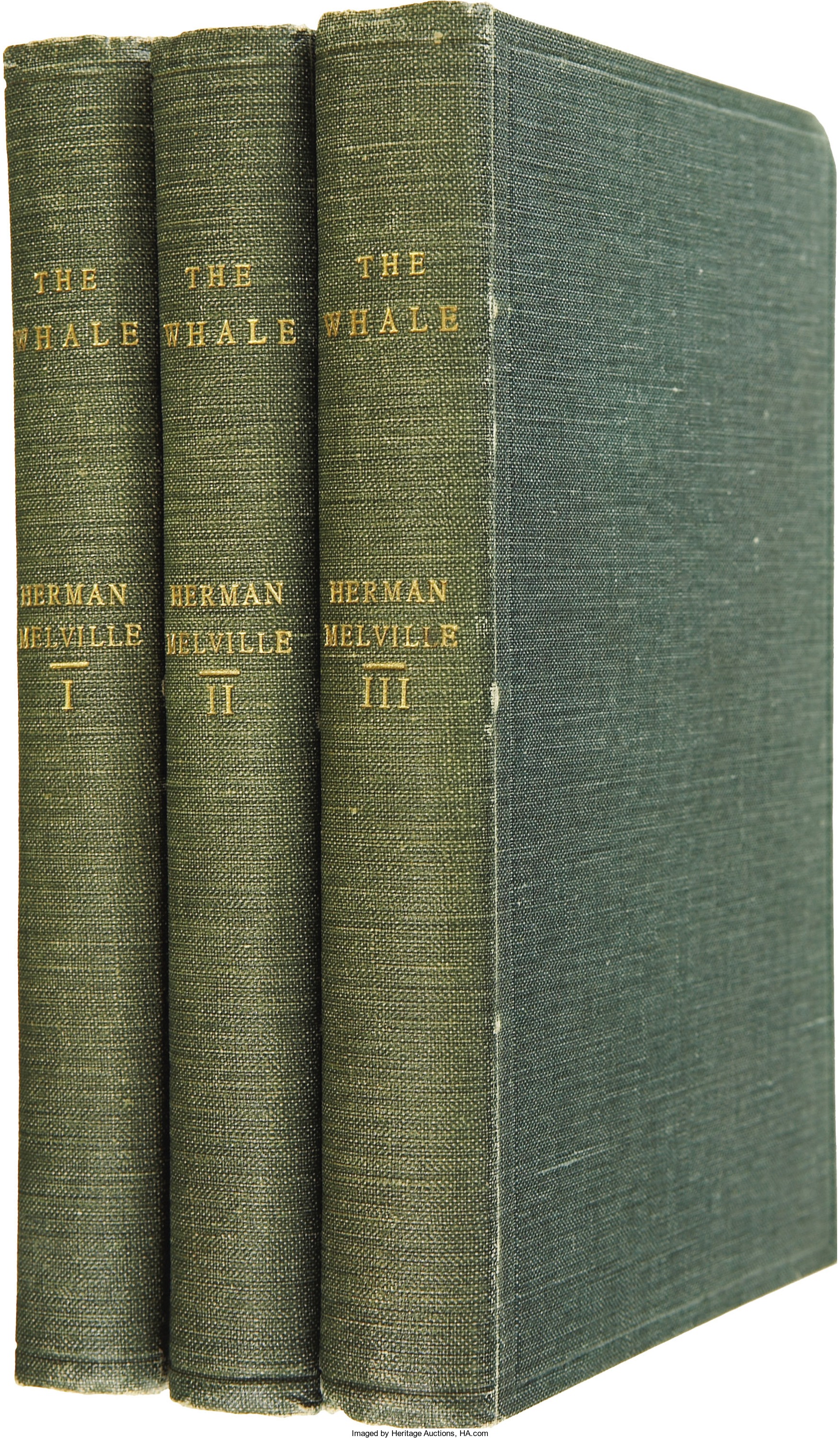
By Jim O’Neal
In November 1851, Herman Melville’s Moby Dick was published in the United States. It was based on a true story of a sperm whale that attacked and sank the whale ship Essex.
It was not successful until long after Melville died and even the eight or nine movies that followed were box office disappointments. My favorite movie, Moby Dick (1956), directed by John Huston and starring Gregory Peck, has yet to turn a profit.
Until the 18th century, the quality of lighting had remained relatively unchanged for 3,000 years. People had devised many low-tech, ingenious solutions to combat darkness without much success. But in 1783, Swiss physicist Aimé Argand invented a lamp that dramatically improved its use by feeding more oxygen to the flame. It even featured a knob to easily adjust the light output.
Thomas Jefferson was so impressed he brought several back from Paris in 1790.
However, the best light of all came from burning whale oil and the best whale oil was spermaceti from the head of sperm whales. Sperm whales even now are mysterious and elusive animals, but they produce and store great reserves of spermaceti – up to 3 tons – in a cavernous chamber in their skulls.
The sperm whale is also the largest of the toothed whales and the largest of any toothed predator. It has the largest brain of any animal – modern or extinct – on Earth. This combination produced a legendary battle between man and a highly hunted creature of the sea.
Whale oil became an American specialty and it was primarily whaling that brought so much wealth to New England and the key eastern ports. In 1846, America had more than 650 whaling ships, three times the rest of the world, combined.
Let there be light.
 Intelligent Collector blogger JIM O’NEAL is an avid collector and history buff. He is President and CEO of Frito-Lay International [retired] and earlier served as Chairman and CEO of PepsiCo Restaurants International [KFC Pizza Hut and Taco Bell].
Intelligent Collector blogger JIM O’NEAL is an avid collector and history buff. He is President and CEO of Frito-Lay International [retired] and earlier served as Chairman and CEO of PepsiCo Restaurants International [KFC Pizza Hut and Taco Bell].
